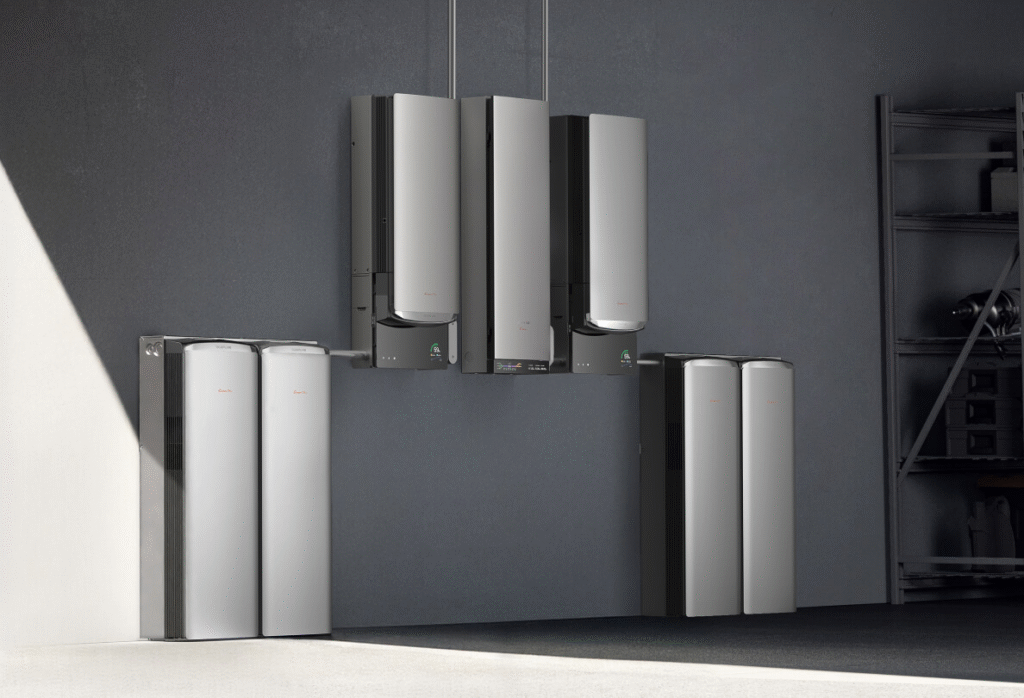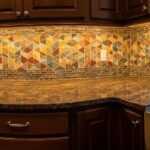Not long ago, most of us only worried about power during the occasional storm or a neighborhood blackout. The grid was dependable enough, and “backup” meant lighting a few candles or firing up a noisy gas generator. However, in today’s world, the climate is shifting faster than our infrastructure can keep up with.
Across North America, extreme weather events are hitting harder and more often—heatwaves in California, ice storms in Canada, hurricanes in the Gulf. The result? More extended outages, rising bills, and an overwhelming sense that the grid is struggling to keep up.
That’s why resilience at the household level matters more than ever. Families aren’t just thinking about how to get through the next storm—they’re thinking about how to protect their homes, their budgets, and their peace of mind every day. At the center of this shift are solutions like the OCEAN Pro Solar battery storage, which turn ordinary houses into independent, weather-ready power hubs.
Weather extremes and the fragile grid
The statistics tell the story clearly. Texas experienced more than a thousand outages in 2024 alone, many of which were tied to heatwaves that pushed the system past its limits. California’s rolling blackouts in 2025 left hundreds of thousands without power during peak demand. In Canada, winter storms have left entire neighborhoods powerless for days at a time.
It’s not just bad luck—it’s the collision of aging infrastructure with increasingly intense weather patterns. The North American grid was never designed for this level of stress. And while utilities scramble to catch up, families are left to fend for themselves when the lights go out.
This is why household-level resilience is rising on the priority list. You can’t control the grid, but you can control your own home’s ability to withstand outages and maintain comfort.
Why solar is central to household resilience
Self-generation is the basis of resilience, and solar shines brighter than anything else. Sunlight doesn’t care if the grid is stressed, if rates are spiking, or if a storm has taken down your utility’s transmission lines. As long as the sun is shining, you can have energy.
Rooftop solar panels provide consistent electricity in the daytime, while portable solar panels provide options for emergency backup and outdoor activities. EcoFlow even has an option called the PowerStream Balcony Solar System, which allows apartment or smaller-home owners to tap into solar energy with a compact, cost-effective system.
Switching to solar energy for home means you’re not just lowering your bills—you’re gaining a safety net when the grid falters. And unlike gas generators, solar is quiet, clean, and endlessly renewable.

Storage as a shield against the unexpected
Here’s the truth about solar panels: they’re powerful during the day, but without storage, their benefits stop when the sun sets. That’s where batteries step in, turning solar into a 24/7 solution.
A robust battery system means you can store excess solar energy during daylight hours and use it when you need it most—whether that’s powering the AC during a blackout in July or keeping medical equipment running through a winter storm.
The OCEAN Pro system is specifically designed for this type of protection. With a scalable capacity that ranges from 10kWh to 80kWh, it can power everything from lights and refrigerators to HVAC systems and EV chargers. Its AI-powered management forecasts energy needs and even accounts for electricity pricing, ensuring your home runs efficiently and cost-effectively.
What this translates to in real life: no spoiled food, no sweltering nights, no worrying about whether your kids will be safe if the power cuts out. Storage makes resilience practical, not just theoretical.
Smart electrical panels for precision resilience
Of course, resilience isn’t just about having power—it’s about directing it where it matters most. That’s the job of the smart electrical panel.

The OCEAN Smart Electrical Panel 40 acts as the brain of your energy system. Instead of treating your home as one big circuit, it breaks it down into up to 40 individual smart circuits. Each one can be managed and prioritized in real time through the EcoFlow app.
Picture this: during a storm, you can ensure your refrigerator, heating system, and internet connection stay powered while less essential loads (like the garage door opener or guest bedroom lights) are temporarily sidelined. It’s not just backup—it’s strategic backup.
And with its Storm Guard feature, the panel ensures your system is charged before severe weather even arrives. Add in its sub-10 millisecond switchover speed, and most families won’t even notice the moment the grid goes down.
EcoFlow’s resilient ecosystem
One of the strengths of EcoFlow’s approach is flexibility. Not every family needs the same level of protection, and not every home has the same energy demands.
- OCEAN Pro System → Designed for whole-home resilience, capable of powering heavy-duty appliances and entire households.
- DELTA Pro Ultra → A modular solution that grows with your needs, from 6kWh up to 90kWh, perfect for families who want long-term adaptability.
- DELTA Pro 3 → A balance of power and portability, bridging the gap between home backup and off-grid freedom.
- DELTA Pro → A compact yet expandable solution, starting at 3.6kWh and scaling up to 25kWh.
- RIVER Series → Portable, budget-friendly options for smaller homes or emergency kits.
Together, these products form a layered approach to resilience. Families can start with smaller systems and expand as needs grow, without being locked into one rigid setup.
The financial relief during disasters
It’s easy to focus only on the technology, but the financial angle is equally essential. Every time the power goes out, costs stack up—spoiled food, missed work, even hotel stays if outages drag on. Over the course of a year, these unplanned expenses can easily reach hundreds or thousands of dollars.
Smart energy systems flip that script. Instead of spending reactively, you’re investing proactively. The OCEAN Pro and related systems reduce not only your daily bills through optimization but also the hidden costs of outages.
On top of that, incentives make adoption more affordable. In the U.S., the federal government offers a 30% tax credit for solar and storage installations. Many states, including California, Texas, and Florida, add their own rebates or tax exemptions. For some families, this reduces the upfront cost significantly and shortens the payback timeline.
In other words: resilience pays for itself—not just in peace of mind but in real dollars.
The emotional comfort of preparedness
There’s also a side to resilience you can’t measure in dollars and cents. It’s the peace of mind that comes from knowing you’re ready.
Imagine a sweltering summer evening when the grid goes down. Instead of scrambling for candles or calling relatives, your AC keeps running. Your kids sleep comfortably. Your freezer stays cold. Or picture a winter storm where your neighbors are bundled under blankets, but your home stays warm and lit.
For families caring for older relatives or anyone who depends on powered medical devices, that peace of mind is more than comfort—it’s security.
Preparedness isn’t about paranoia. It’s about living confidently, knowing that when the unexpected happens, you’ll be fine.
Conclusion: Resilience is no longer optional
The climate isn’t calming down anytime soon. From wildfires to hurricanes to polar vortexes, extreme weather is now part of life in North America. What used to be “rare events” are happening more often—and lasting longer.
That’s why resilience is no longer optional. With solutions like the OCEAN Pro system, EcoFlow’s solar panels, and the OCEAN Smart Electrical Panel 40, households can turn uncertainty into stability. These aren’t luxuries; they’re the new essentials for modern living.
Smart energy systems do more than provide electricity. They keep life flowing, protect families from disruption, and keep them energized when the world outside feels uncertain. Amidst climate change, that’s more than technology – that’s resilience you can rely on.
















